Russia conducts naval drill, tests submarines’ weapons in Barents, Norwegian seas
The Russian army has started a naval drill in the far northern waters of Barents and Norwegian seas, testing systems and weapons of its submarines at great depths.
Russia's Northern Fleet made the announcement on Friday, saying the crews of several submarines, including fourth-generation subs, would participate in the exercise.
"The Northern Fleet's submarines have launched a special exercise to test the systems and weapons of submarines in deep areas of the Barents and Norwegian Seas," the Fleet's press service said in a statement.
"The deep-sea tests are being held at depths of more than 500 meters, some of which are the maximum ones for most current submarines," it added.
Russia's Northern Fleet said the exercise is a routine one and would last for several days.
The Fleet's press service also said that nuclear-powered battle cruiser Pyotr Velikiy set course for the Barents Sea on Thursday, adding it follows several of the Russian Navy's biggest ships.
The 252-meter long Pyotr Velikiy is the Russian Navy’s biggest ship with a crew of more than 700 men and a wide range of armament.
The battle cruiser will in the course of several days engage in training in the far northern waters, the Fleet's press service said, adding that the exercises include training on air defense and combat, as well as mapping of airspace and underwater situations.
The Pyotr Velikiy set out to sea just a few days after missile cruiser Marshal Ustinov, anti-submarine ship Vice-Admiral Kulakov and the brand new large landing ship Pyotr Morgunov started an inter-fleet crossing from the Barents Sea around Scandinavia to the Baltic Sea.
The high-profile drill comes as Russia is also conducting naval and air exercise in the Black Sea amid escalating tensions with Ukraine and NATO countries in the strategic area.
Russia tested its air defense systems in the Crimean Peninsula on Thursday, as Ukraine, the US, and their NATO allies kicked off war games in the strategic sea.
The naval exercise, dubbed Sea Breeze 2021, will last two weeks and involves about 5,000 military personnel from NATO and other allies, and around 30 ships and 40 aircraft, with US missile destroyer USS Ross and the US Marine Corps taking part.
Moscow had called for the cancellation of the Sea Breeze exercise before it began, with the Russian defense ministry stressing that it would react to safeguard national security if necessary.
Envoy: Pointless to speak to Moscow with language of threats
Russia’s Deputy Foreign Minister Alexander Grushko cautioned Brussels on Friday that using the language of threats and ultimatums against Moscow was pointless.
The Russian Foreign Ministry cited Grushko as making the remarks at a meeting with Deputy Secretary General of the European External Action Service (EEAS) Enrique Mora.
"He emphasized that it was pointless to try to speak to Russia in the language of ultimatums, threats and illegitimate unilateral restrictions,” the ministry said in a statement.
“Hope was voiced that common sense would prevail and the European Union would show political will and a constructive and responsible attitude towards cooperation on issues of mutual interest. Such an approach would meet the goals of creating a space of indivisible security, stability and prosperity in Europe.”
The EU leaders have called on the European Commission led by EU High Representative for Foreign Affairs and Security Policy Josep Borrell to explore possibilities for a dialogue with Russia to reduce tensions between Moscow and Brussels.
Putin: Russia ready to resume dialogue with EU
During a phone conversation on Friday, Russian President Vladimir Putin told his French counterpart Emmanuel Macron that Moscow was ready to resume a comprehensive dialogue with the European Union.
"The sides agreed that building constructive and predictable relations between Russia and the European Union, return to a normal and trust-based dialogue will facilitate resolution of such problems as cybersecurity, fight against international terrorism, healthcare, climate, settling regional conflicts," the Kremlin said, adding that Putin stressed "Russia is ready for that if the European Union demonstrates a genuine reciprocal interest."
The two presidents focused special attention on the "problems of stability and security on the European continent," it said. "It was noted that the agreements on establishing joint work to form a new architecture of security and trust in Europe that were reached by the two presidents in Fort de Bregancon in August 2019 are still topical.”
During a meeting in Fort de Bregancon, France, the two presidents had stressed the necessity of a strategic dialogue between Moscow and Paris.
"The sides discussed in detail a wide range of issues of the Russian-French cooperation in international affairs," the Kremlin added on Friday. "The Russian and French presidents also discussed issues of bilateral cooperation, first of all in the trade-and-economic sphere, as well as in the energy sector and in the area of cultural and humanitarian cooperation.”
Russia’s relations with a number of US-backed countries in central and eastern Europe have deteriorated in recent months, leading to a series of diplomatic expulsions.
The United States and the European Union have imposed sanctions on Russia over alleged cyberattacks, human rights violations and activity in Ukraine.
Pezeshkian to US, Europeans: You are killing women, children
VIDEO | COP29: another climate failure?
ICC issues arrest warrants for Netanyahu, Gallant for war crimes
Israeli strikes kill 88 Palestinians in northern Gaza
American voters plainly rejected complicity in Gaza genocide: Iran FM spox
ICC should issue more arrest warrants for Israeli authorities over Gaza genocide: UN expert
Israel using AI weapons co-produced by India in Gaza genocide: Report
Israel issues new evacuation orders, shortly launches strikes on southern Lebanon


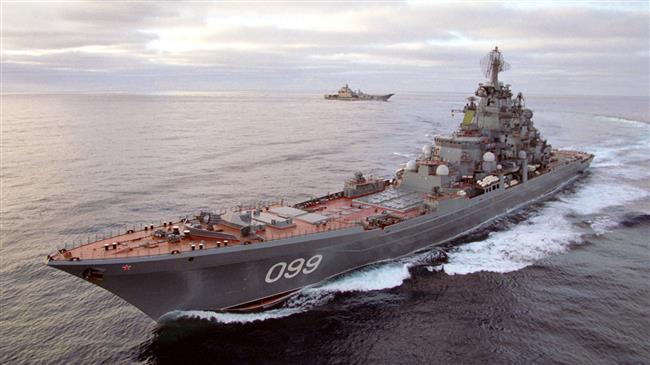

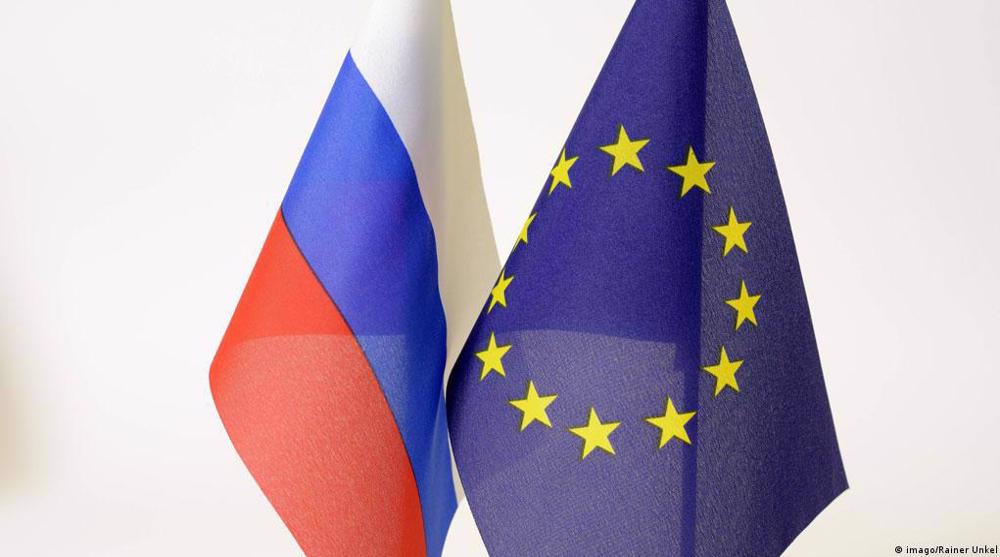
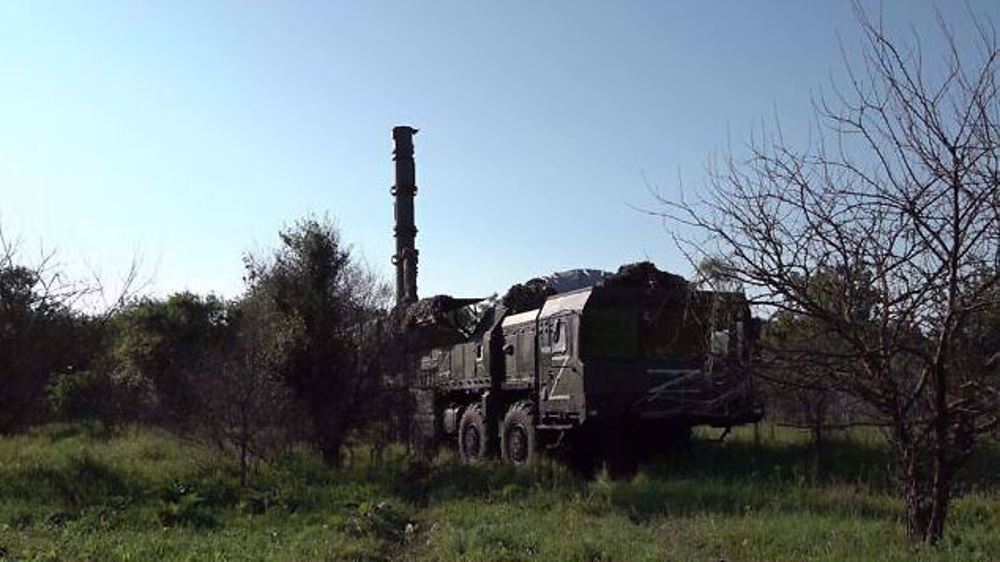
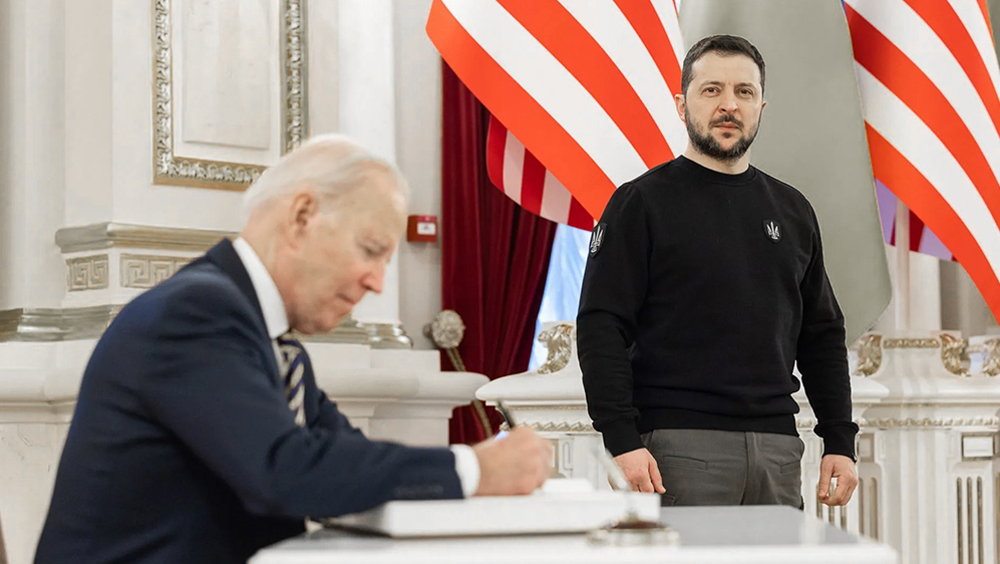
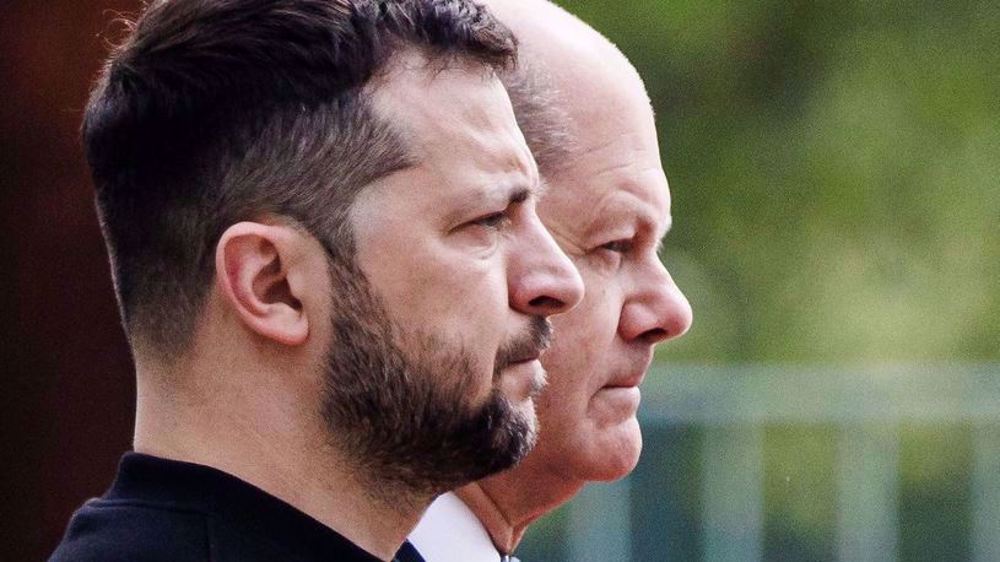



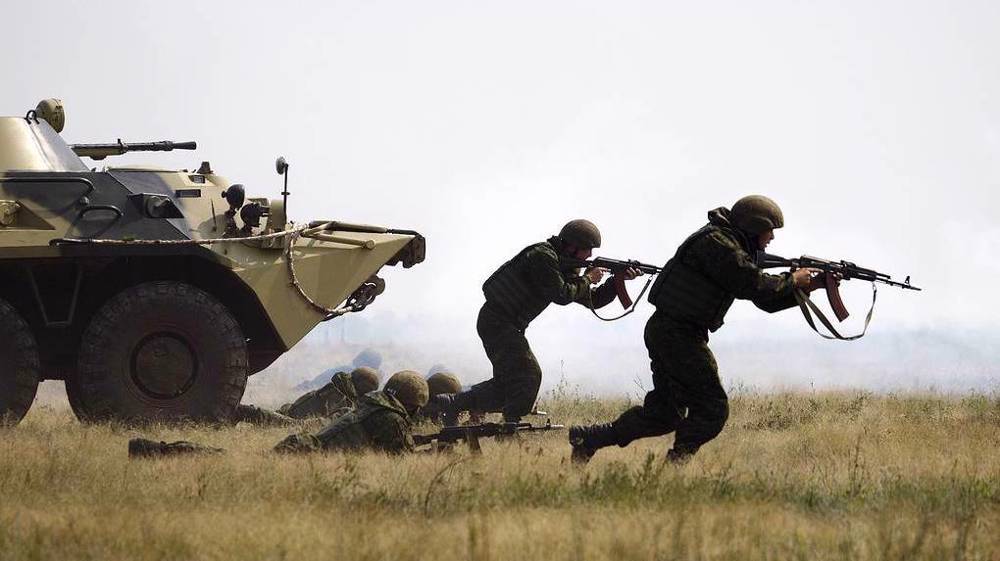
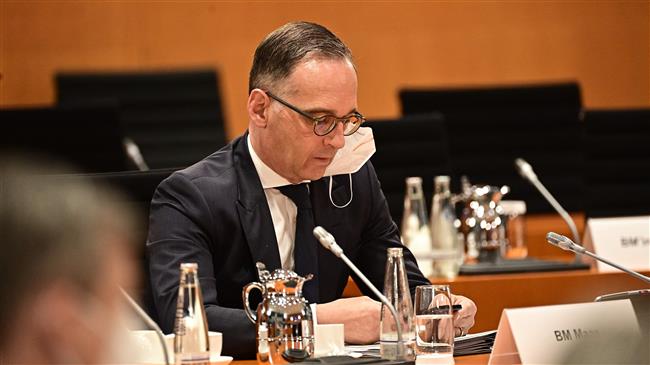
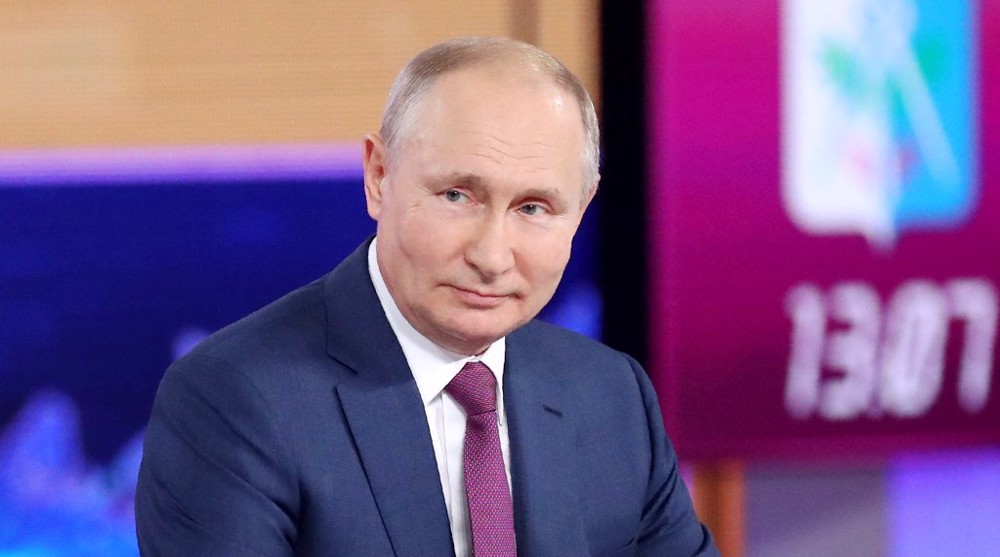
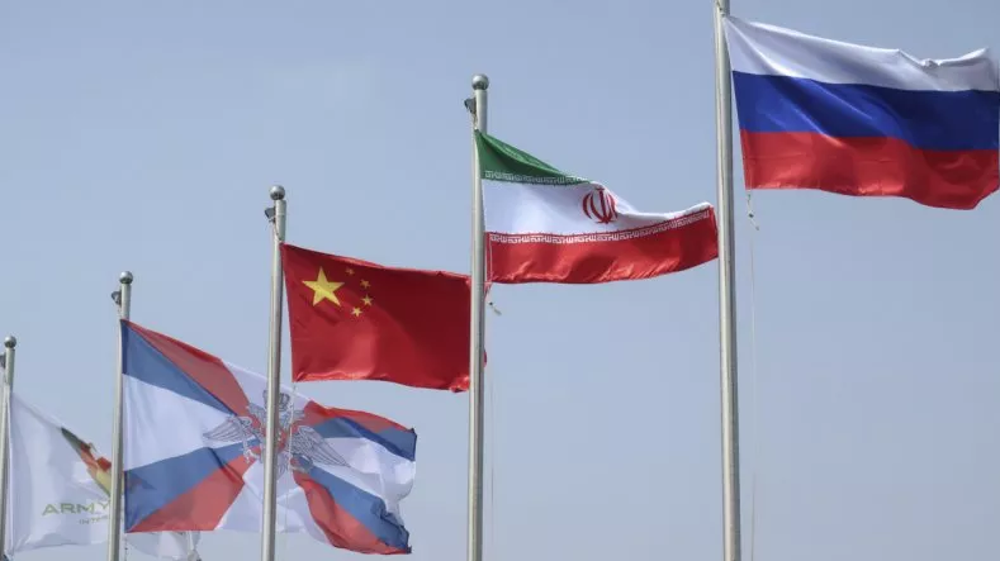
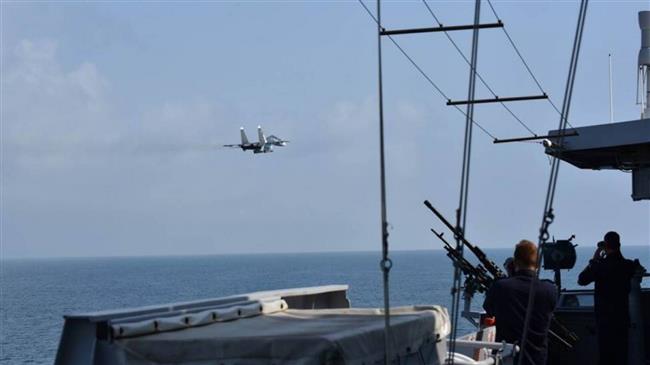

 This makes it easy to access the Press TV website
This makes it easy to access the Press TV website